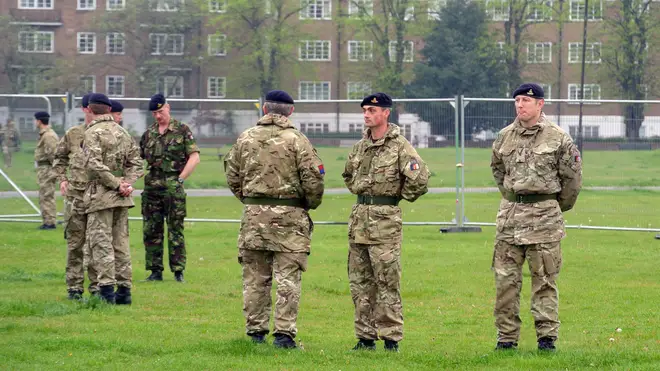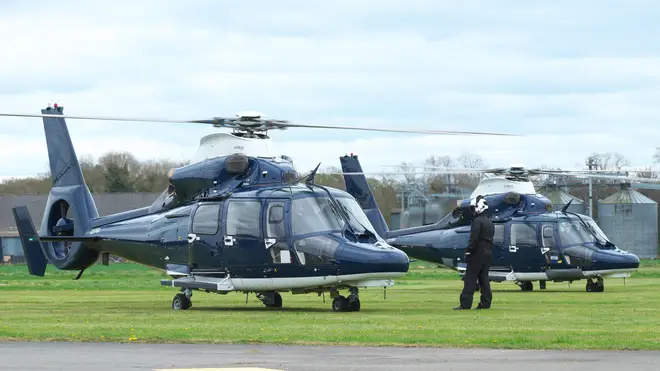
Ali Miraj 6pm - 9pm
4 July 2022, 08:18 | Updated: 4 July 2022, 08:32

The head of the Special Air Service has banned troops from using "offensive" nicknames to describe other personnel after a complaint from a senior officer.
SAS members have been told to stop using nicknames such as "Doris" for female soldiers and "Ruperts" for officers.
Troops have also been told to stop referring to RAF members as "crabs", a nickname thought to have derived because their uniform colour is similar to the blue ointment once used to get rid of pubic lice.
According to The Mirror, the decision was made after an Intelligence Corps soldier complained about the nickname Green Slime, in reference to the Corps’ beret colour.
The soldier was reportedly left "humiliated" after he was asked if there was "anything from green slime?" at a briefing.
An insider told the newspaper that use of the terms was "playful name-calling" as a way of dealing with the "nasty stuff" they come into contact with at work.
The SAS member said troops had "more to worry about" than using nicknames.
Read more: Army considers dropping the term 'Guardsman' to be more gender inclusive

The armed forces are undergoing changes with the army recently being asked to stop calling soldiers in the Queen's bodyguard "Guardsman" after female soldiers complained about being referred to as men every day.
Soldiers serving in the Foot Guards, which compromises of five regiments including the Grenadier Guards, the Coldstream Guards, The Scots Guards, the Irish Guards and the Welsh Guards, are referred to as Guardsmen irrespective of their gender.
But military bosses are now considering changing the language used, to make it more inclusive following complaints from female members of staff.
It would follow the precedent set by the RAF when last year they dropped airman and airwoman in favour of gender-neutral "aviator".